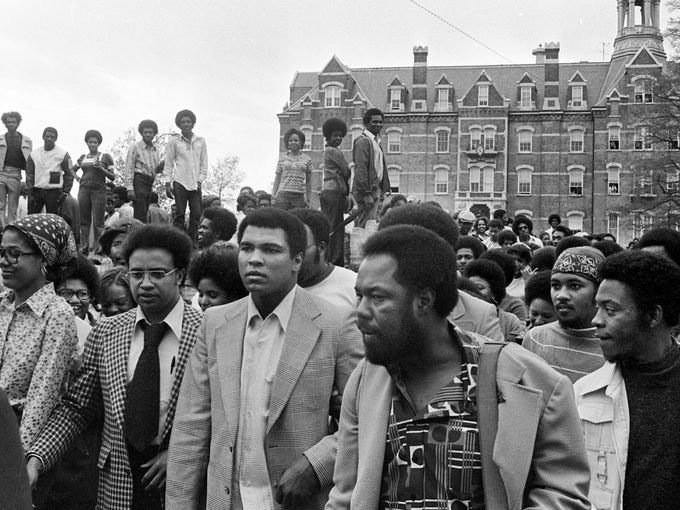By Ja’Kaiya Y. Stephens
February marks the observance of Black History Month, a time dedicated to honoring the rich heritage and significant contributions of African Americans throughout history. As some reflect on this important cultural experience, it is pertinent to examine the efforts of Historically Black Colleges and Universities (HBCUs) in commemorating this occasion. Are HBCUs doing enough to uphold the legacy of Black history within their institutions and beyond?
HBCUs have long been pillars of empowerment and education within the African American community. From their inception during the era of segregation to the present day, these institutions have served as bastions of academic excellence, nurturing generations of scholars and activist leaders.
Central to their mission is the celebration and preservation of Black history and culture, making them uniquely positioned to lead in commemorating Black History Month.
Florida A&M University’s department chair of history, political science, geography and African American Studies, Dr. Tiffany Packer believes that Black History Month is incorporated all year.
“In many ways, February is special but, this is what we do every day,” Packer said.
“Because we are an HBCU we often do this effortlessly. We are fortunate enough to be in spaces that have been intentional about preserving our culture and history,” Packer added. It almost feels as if we do this exceeding the month.”
One of the most significant ways HBCUs honor Black history is through academic programming. Many HBCUs offer specialized courses and seminars focused on African American history, literature and culture throughout the year. These courses not only educate students but also provide a platform for critical dialogue and reflection on the ongoing struggle for racial equality.
Beyond campus borders, HBCUs play a vital role in preserving and disseminating Black history to wider audiences. Many HBCU libraries and archives house extensive collections of primary source materials related to African American history, providing researchers with valuable resources for scholarly inquiry. Additionally, HBCU scholars and educators frequently contribute to academic discourse through publications, conferences, and community outreach initiatives, further amplifying the narrative of Black history.
However, there is an ongoing need for HBCUs to continually reassess and expand their efforts in commemorating Black history in the digital age. This type of representation presents new opportunities for students to be informed and engaged with their history.
Florida A&M University’s National Association for the Advancement of Colored People (NAACP) educational chair, Jerlieyha Thomas, feels as though Black History Month has not been represented on campus both digitally and in person.
“It is Black History Month, and I do not feel like I have seen a lot about it on social media or on campus, Thomas said. “As an HBCUwe are already overlooked so I feel like we should be using this time, our time, to uplift our history.”
Thomas encourages scholars to interact with their culture, especially during February.
Students must be engaged,” Thomas said. “The more we as students interact with our history on campus, the more people show up and participate.
The question of whether HBCUs are doing enough to commemorate Black History Month is not a simple one. It is a challenge to continuously strive for excellence, equity and inclusivity. It recognizes the profound legacy these institutions stand on and their responsibility in shaping the future. As we celebrate Black History Month and honor Black culture, it is important to reaffirm a commitment to building a world where Black history is not just commemorated but celebrated every day of the year

